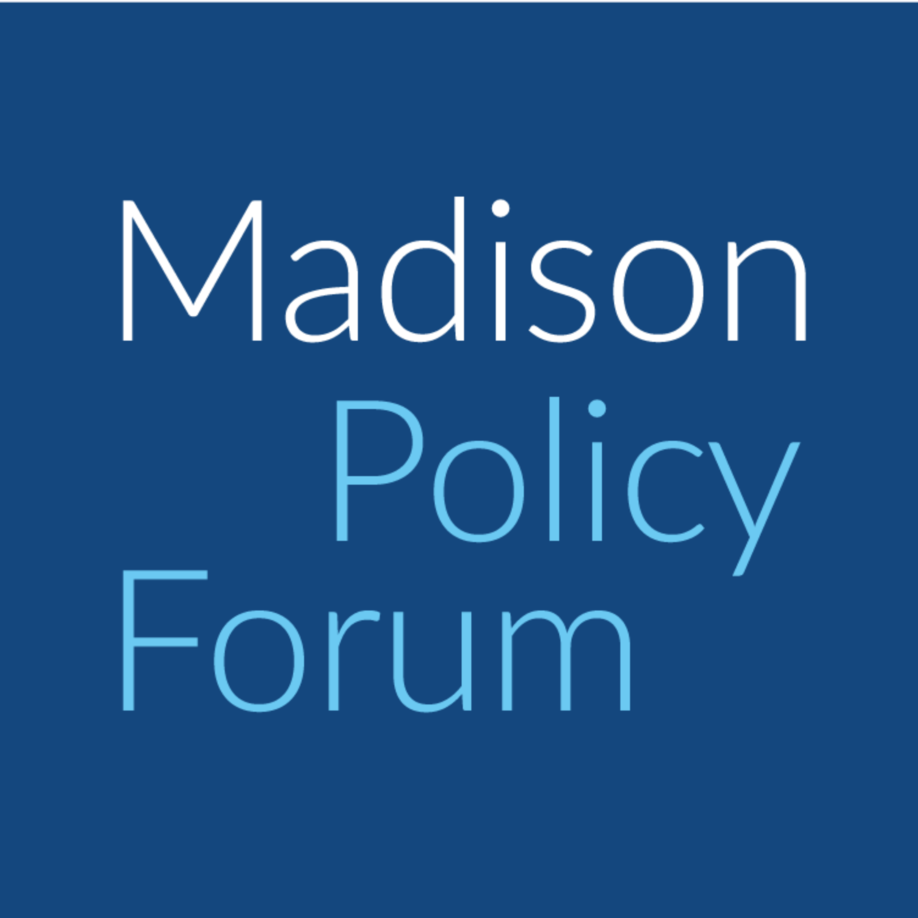Biosecurity Project
The biosecurity project examined the initial responses to COVID-19 through the lens of national security and effective governance, with the goal of identifying some initial factors that can help produce an effective response to the early stages of pandemic.
Products
COVID-19 Detection and Response: The United States, China, South Korea, The United Kingdom, Germany, and New Zealand.
This report, the first installment in a series on governance and COVID-19, examines the experiences of six countries in confronting the early stages of the COVID-19 pandemic: the United States, the United Kingdom, Germany, South Korea, New Zealand, and China. COVID-19 is a novel respiratory illness that is believed to have originated in Wuhan, China, in late 2019. It spread rapidly across the globe and, by August 2020, had infected more than 19 million people and killed over 724,000, in 188 countries and regions.
COVID-19 Early Reponses: Taiwan, Sweden, Italy, Brazil.
This report, the second installment in a series on governance and COVID-19, examines the experiences of four nations in confronting the COVID-19 pandemic: Taiwan, Sweden, Italy, and Brazil. We selected these four nations because they represent a diverse set of governance systems, cultures, and approaches to COVID-19.1 They all became well-known case studies in mainstream media and academic discourse – Taiwan as an early success and model for the world; Sweden for its controversial, so-called “herd immunity” approach; Italy as the epicenter of the European outbreak; and Brazil for its leader’s dismissal of the virus as a threat to public health.
COVID-19 Responses: India, Iran, Vietnam.
This report, the third and final installment in a series on governance and COVID-19, examines the experiences of two countries in confronting the early days of the COVID-19 pandemic: Vietnam, India and Iran.




